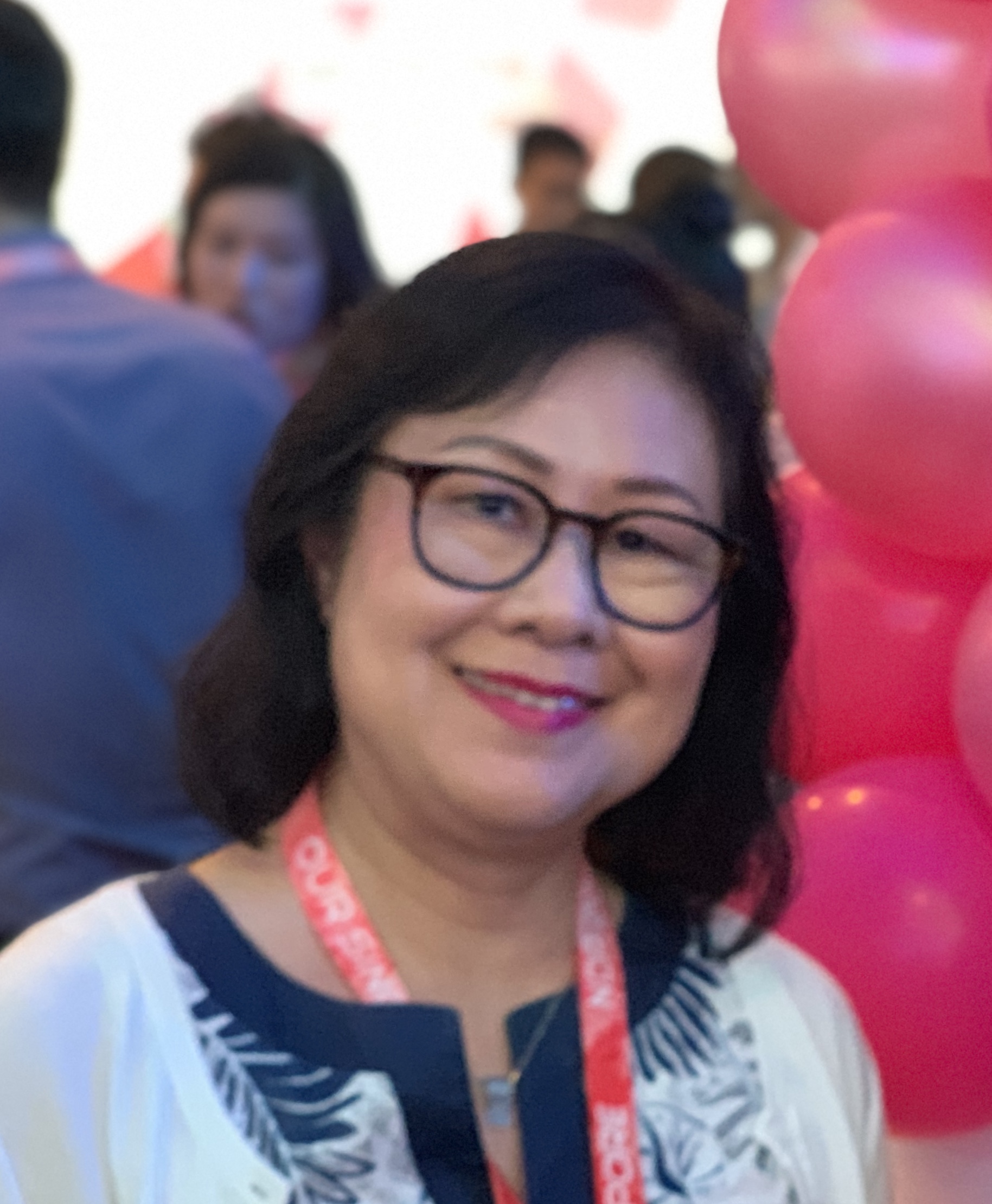Infectious change in Singapore’s National Healthcare Group

With almost three decades of HR experience in both the electronics and healthcare industries, Olivia Tay is a well-respected role model across the HR community in Singapore and beyond. She has been a particularly active member of a number of national-level taskforces with the Ministry of Health, Public Service Division, the Workforce Development Agency, and Singapore’s Agency for Integrated Care.
All that experience and service has helped Tay earn the highest level of certification from the Singapore Institute for HR Professionals (IHRP). As a recently-conferred IHRP Master Professional, she has been formally recognised as a strategic, influential, and knowledgeable HR leader.
Tay spoke with HRM Asia about some of the key challenges facing the National Health Group (incorporating 10 hospitals and healthcare institutions) in this age of disruption.
Can you share more about your role as the Group Chief HR Officer at National Healthcare Group?
Currently, NHG has a staff mix of doctors, nurses, allied health professionals, and administrators totalling approximately 18,000 – and is expected to grow to 24,000 by 2022. As Group Chief HR Officer, I have overall responsibilities in the formulation, review, and implementation of HR strategies and policies to support the cluster’s mission – which is aligned to the national agenda of the Ministry of Health.
My role includes working closely with different stakeholders, including other public healthcare clusters and the union.
How does HR technology impact your day-to-day work? What challenges has it helped you to overcome?
HR Tech is an important and essential enabler for HR. Employing the right tools can help HR be more competent and efficient in managing transactional functions freeing more time to focus on high-touch and knowledge activities, thereby improving engagement and strategic work.
Many solutions cater to standard processes. In a large organisation with multiple institutions, each with their own operational constraints and focus, the needs are incredibly complex. System-wide considerations are also important and critical. We look to strong partners who take great effort and walk the journey with us.
Perseverance and commitment are the keys to eventual success.
What role do HR leaders and HR teams play in organisational transformation?
Staff themselves must feel the need, and then experience the satisfaction of what transformation can bring about. When HR staff themselves transform to bring about better staff experiences, the entire workforce will be “infected” to see the benefits of being open and passionate towards organisational transformation for the long-term good.
In healthcare, it is not only about giving ourselves a better organisation to work in. It’s also about creating a better system for our loved ones and ourselves in the future – which makes for a very meaningful purpose.
What is the biggest focus area for you over the coming 12 months?
We have gone into e-recruitment and are looking to systematically explore other initiatives that will not only improve overall staff experience and work efficiency, but also areas such as enhancing engagement and building a future ready workforce.
Congratulations on being a named a IHRP Master professional, as certified by IHRP. What impact has becoming IHRP-certified had on your career?
Colleagues and friends in the community see this as not only an acknowledgment of the knowledge and experience I have attained, but also a recognition of my value and contribution, which other HR professionals can aspire to become.
To find out more on how you can be part of the IHRP community, and to learn more about best practices, visit https://www.ihrp.sg



